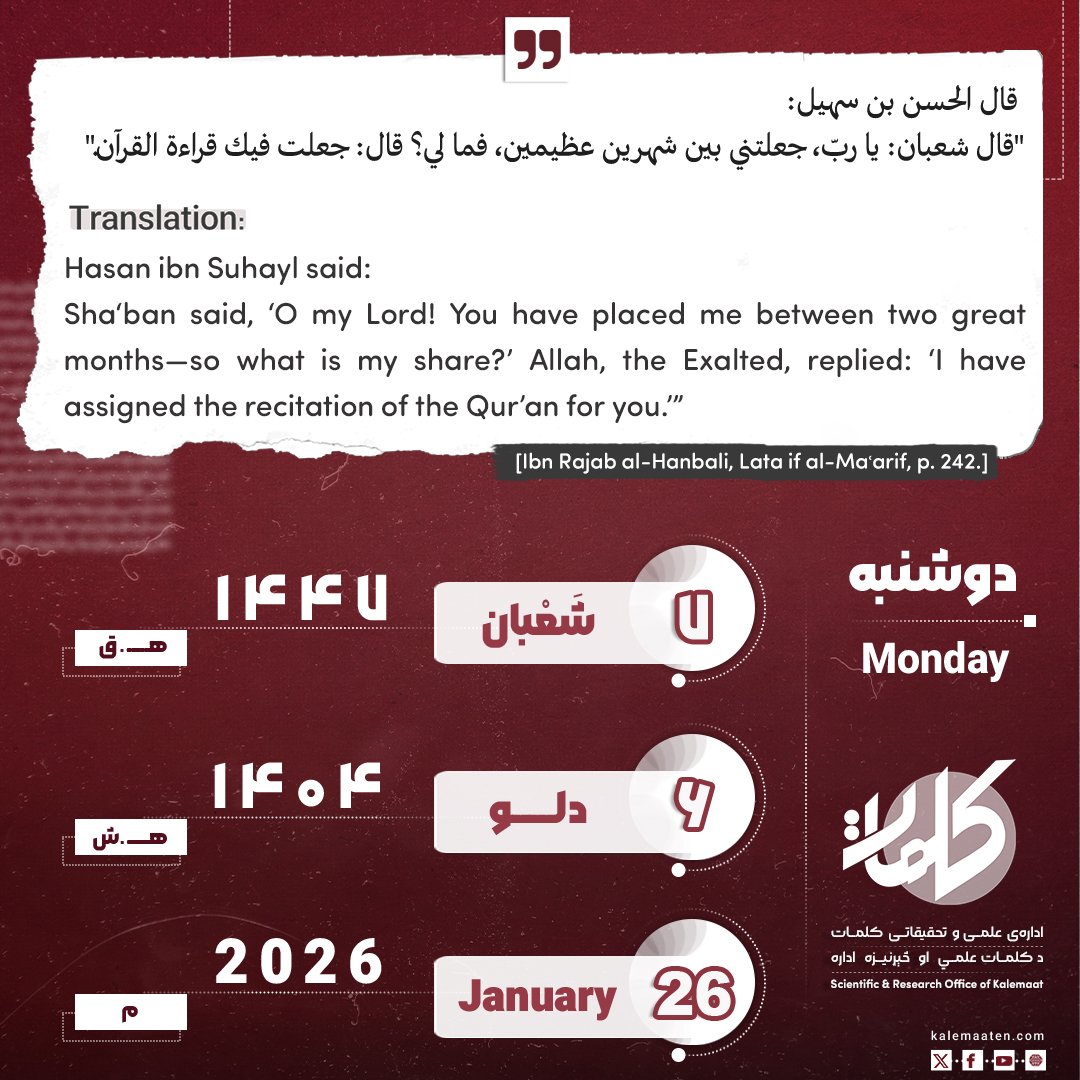Author: M. Al-Afghani
Islam in Romania
In fact, the spread of Islam in Romania was the result of pressure from Greek-speaking clergy on non-Greek Christians. The religious pressures from these clerics, although different in nature, led to a tendency toward Islam and its acceptance by the predecessors and small ancestors of about four thousand Romanian people in the Nunia region of Meklan Province, specifically in the provinces of Salonika.
In the 18th century, the Archbishop of Constantinople informed the Sultan that only Christians who spoke Greek were loyal citizens of the Ottoman Empire, prompting the Sultan to prevent Christians from speaking in any language other than Greek. When news of this situation reached Tunta, some of the local population fled to the forests and established new villages. However, those who stayed and did not flee accepted Islam in order to preserve their mother tongue, following their bishop [1].
Muslim population of Romania
Before World War II, the population of Romanian Muslims reached more than 260,000 people, but with the border changes under German pressure, the number of Romanian Muslims decreased greatly, Romanian Muslims are in the majority in the city of Konst Nezai, and a significant number of them are living in Bucharest, the capital of Romania.
Even though Muslims are a minority in this country, they have regular plans with themselves and among themselves to advance their religious goals.
In order to live a good and healthy life, this small population has drawn regular and detailed plans for themselves.
Although the communist thought has ruled over the majority of these regions, they have not been able to change the current order of the organized minority of Muslims in terms of thought and consensus.
In every part of their life, Romanian Muslims lead their social and religious life with complete unity and a strange order.
The communist government implemented many changes in various internal affairs of Romania; however, these fundamental changes could not affect the state of Muslims in particular.
In fact, during the rule of the communists in Romania, the Muslim minority was in trouble, although the Christians also suffered from these conditions, in this period, influenced by the communist cultural policy, religious education was transferred from public centers such as mosques and schools to private places and family centers.
Mosques and religious centers in Romania
In Romania, mosques and religious centers provide services according to their ability and according to the needs of their society, many examples of which can be seen in the society of those people.
In fact, a person named Muhammad Ayash, a Palestinian businessman, built four mosques in Romania, three of which are located on the shores of the Black Sea and where the Muslim and Arab minorities, especially the Turkish minority, live.
The fourth mosque, which is called Ayash Mosque, is located in Bucharest, the capital of Romania, and all Arab and Muslim ambassadors, students and Arab and Muslim minorities pray there.
The purpose of building these four mosques in Romania is to spread Islam, that Muslim minorities can pray freely in these mosques, and the principles of Islamic religion are taught in these mosques.
The famous centers and mosques of this land are engaged in teaching the customs and teachings of the religion of Islam, and Muslims visit these centers and mosques to get education and learn religious rules and issues.
Considering the situation of Muslims in Romania and observing the situation of religious centers in this country, it can be clearly found that Muslims despite being a minority and some deprivations; They are very coherent and organized in their religious affairs and religious activities.
Resources
[1] Da’wa Islam, page 121
[2] – Knowledge of Islamic countries p. 530



